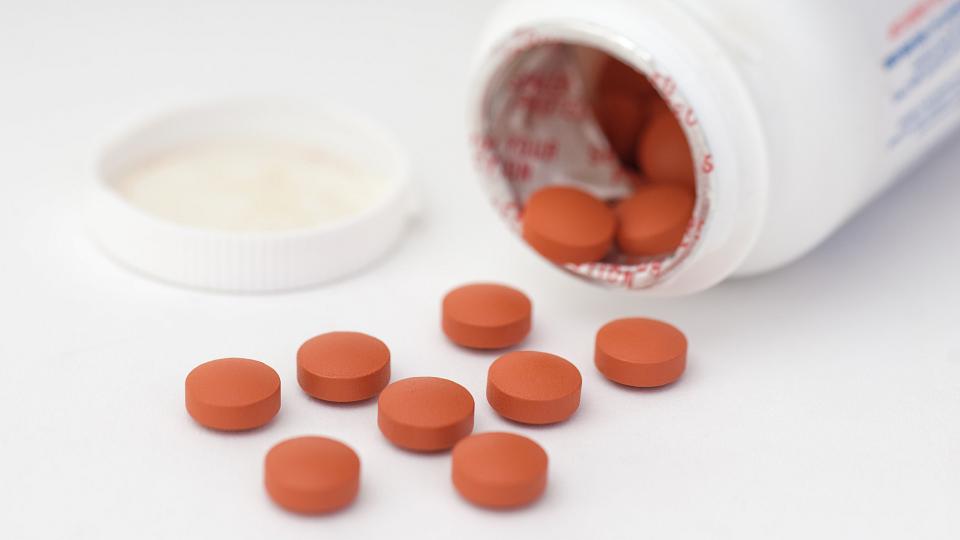
Dangers of Misusing Prescription Medications
What's lurking in your medicine cabinet? Sneak a peek in a typical American medicine cabinet and you will likely find a variety of ointments, creams, cosmetics, bandages, and old prescription bottles. What's wrong with this picture (besides the mess, of course)? If you have unused prescription medications in your cabinet, it’s time to clean that cabinet out.
Here are five important things to know about taking prescription medications and ensuring safety for you and your family.
1. Duration matters
Finishing a course of medication is especially important when taking antibiotics. But, if you are like the typical patient, once you start to feel better, you stop taking your medications. However, this practice can make an illness worse.
Misuse and overuse of these drugs have contributed to a phenomenon known as antibiotic resistance, according to the Food & Drug Administration (FDA). This resistance develops when potentially harmful bacteria change in a way that reduces or eliminates the effectiveness of antibiotics. So, enjoy the fact that you are feeling better, but also be sure to finish taking your prescription.
2. Beware of mixing drugs
Some foods and juices reduce the effectiveness of medications. For instance, the American Heart Association warns patients that grapefruit and pomegranate juice can interfere with cholesterol medications. Also, spinach, kale, and other leafy green vegetables contain high levels of vitamin K that can interact for patients taking the blood thinner medication warfarin.
Karen M. Gunning, PharmD, BCPS, BCACP, FCCP, a clinical professor and clinical pharmacist at University of Utah Health, cautions patients about overdosing on similar medications—for instance, taking a prescription pain medication that contains acetaminophen (Tylenol) and an OTC pain medication that contains the same ingredient. "When people take two things that both contain the same medication,” she says, “people might not even realize that the medications together have more acetaminophen than is safe to take.” This also commonly happens with vitamins and supplements like vitamin B and vitamin D.
It's important to tell your health care provider about all of the medications, vitamins, and supplements you are currently taking and to read labels carefully looking for duplicate ingredients.
3. Follow doctors' orders
The FDA says that some medicines can work faster, slower, better, or worse when you take them on a full or empty stomach, but some medicines can cause nausea. Food in your stomach can help reduce that discomfort. "If you don't see directions on your medicine labels, ask your doctor or pharmacist if it is best to take your medicines on an empty stomach," Gunning says.
4. Don't share old or unused prescriptions
First, it's against the law to share pain medications or any controlled substance. Second, it’s unwise to share other prescription medications. When old prescription medications are left in a medicine cabinet, Gunning says, "Children (or grandchildren) in the home may find the medication. Even one pill of some medications can be dangerous for children, so any time there are unsecured medications in the house, there is a danger to children."
5. Dispose of medications properly
Gunning provides these tips as a good rule of thumb:
- Sort through medications every six months to make sure everything is up to date and actually needed.
- Get rid of anything that's expired or that you aren't currently using.
- Don't throw away medications in the toilet or the garbage. Instead, the easiest way is to deposit it in a medication disposal box at a pharmacy or police station.
We want to protect those we love from illness. An important way to ensure good health is to follow doctor's orders when it comes to taking and handling prescription medications.





